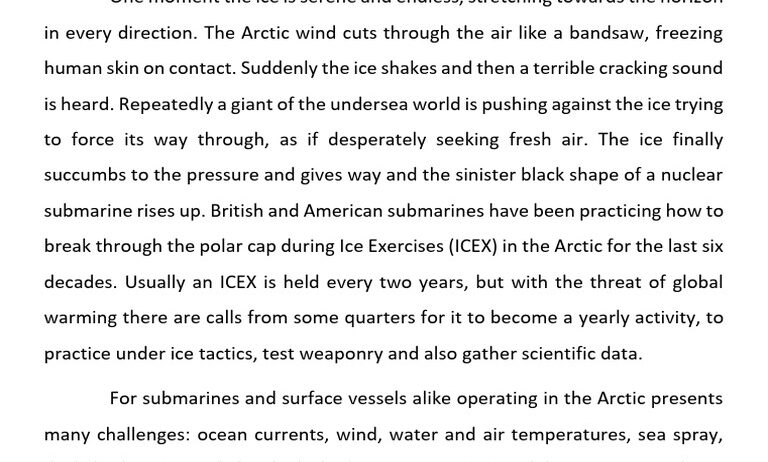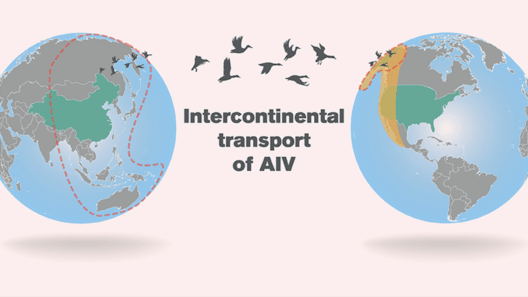Indonesia, a sprawling archipelago comprising over 17,000 islands, is home to some of the world’s most biodiverse rainforests. These lush, vibrant ecosystems play a critical role in combating climate change. They serve as significant carbon sinks, absorb colossal amounts of CO2, and harbor unparalleled biodiversity. However, these vital forests face unprecedented threats, primarily due to human activity, which inadvertently transform Indonesia into a battleground for global warming.
The predicament of Indonesia’s rainforests is multifaceted. Deforestation, driven by the insatiable demand for palm oil, timber, and agricultural practices, emerges as a primary antagonist in this ecological drama. The expansion of palm oil plantations has wreaked havoc on the forest landscape. Vast swathes of land are being cleared, displacing native fauna and flora while releasing massive quantities of carbon into the atmosphere. The consequences extend far beyond Indonesia’s borders; they reverberate globally, contributing to climate change and threatening planetary health.
Climate change exacerbates prevailing issues within Indonesia. As global temperatures rise, the nation becomes more susceptible to extreme weather events, including prolonged drought and torrential rains. Unprecedented flooding and forest fires, intensified by climate change, endanger not only the rainforests but also the livelihoods of indigenous communities relying on these ecosystems. This intricate relationship illustrates a critical point: environmental degradation and climate change are inexorably linked. The rainforests, initially a safeguard against climate perturbations, now find themselves in a precarious position, with their existence under siege.
Amidst despair, there arises a flicker of hope through reforestation initiatives and sustainable practices aimed at curbing deforestation rates. Governmental and non-governmental organizations are advocating for policies prioritizing environmental conservation over short-term economic gain. Encouragingly, tropical reforestation has gained momentum, presenting a viable strategy to reclaim lost biodiversity and restore carbon stocks. However, this transition requires a paradigm shift—one that embraces sustainable development, social equity, and environmental justice.
Moreover, the cultural significance of rainforests cannot be overstated. Indigenous populations, custodians of the land for millennia, possess unparalleled knowledge of sustainable ecological practices. Their insights can illuminate pathways to balance development with conservation, showcasing an alternative model that juxtaposes traditional wisdom with modern scientific advancements. Empowering local communities to play an active role in forest stewardship is imperative. When those who inhabit the land become the protectors of its bounty, the prospects of preserving Indonesia’s rainforests and fostering resilience against climate change significantly improve.
International collaboration represents another pivotal avenue for progress. The global community must rally in support of Indonesia’s environmental initiatives. Wealthier nations, often the culprits of historical pollution, bear a responsibility to assist developing nations in their quests for sustainability. Investments in clean technology and sustainable agricultural practices can help Indonesia leapfrog to a greener future without sacrificing economic advancement. Additionally, promoting ecotourism can offer an alternative livelihood for communities traditionally reliant on logging and agriculture, thus creating a win-win scenario for both people and the planet.
However, the path to a sustainable and resilient Indonesia is fraught with challenges. Corruption remains a significant barrier to effective environmental governance, undermining enforcement and regulations designed to protect forests. Land tenure issues further complicate the landscape. Without clear rights to land, indigenous populations often find themselves marginalized in decision-making processes, leaving their ancestral lands vulnerable to exploitation. Addressing these systemic obstacles requires concerted efforts and robust legal frameworks that bolster the rights of communities intertwined with the health of the forests.
Consumer behavior also plays an instrumental role in the fate of Indonesia’s rainforests. The demand for palm oil, often found in everyday products such as snacks and cosmetics, drives deforestation. Raising awareness about sustainable consumption can empower consumers to make informed choices, thus exerting pressure on corporations to adopt environmentally friendly practices. Certifications, like the Roundtable on Sustainable Palm Oil (RSPO), aim to ensure that palm oil production is conducted responsibly; popularizing products aligned with such standards can catalyze significant changes in industry-wide practices.
As the world grapples with the accelerating impacts of climate change, the attention must shift towards nurturing and preserving Indonesia’s rainforests—a global resource of unrivaled importance. The narrative surrounding these ecosystems must evolve from one of exploitation to one of stewardship. Recognizing the interdependencies involved—the health of the rainforests, the livelihoods of indigenous peoples, and the well-being of the planet as a whole—can galvanize collective action.
In conclusion, Indonesia’s rainforests epitomize the complexities and interwoven nature of environmental challenges confronting our planet today. While threats loom large, opportunities for transformative change exist. Embracing holistic solutions through reforestation, community empowerment, international collaboration, and mindful consumption can pave the way for a more sustainable future. The call to action is clear: the time has come to reimagine our relationship with these vital ecosystems, ensuring that they endure for generations to come. Only then can Indonesia, a pivotal piece in the global climate puzzle, truly emerge as a beacon of hope amid the tumultuous landscape of global warming.








